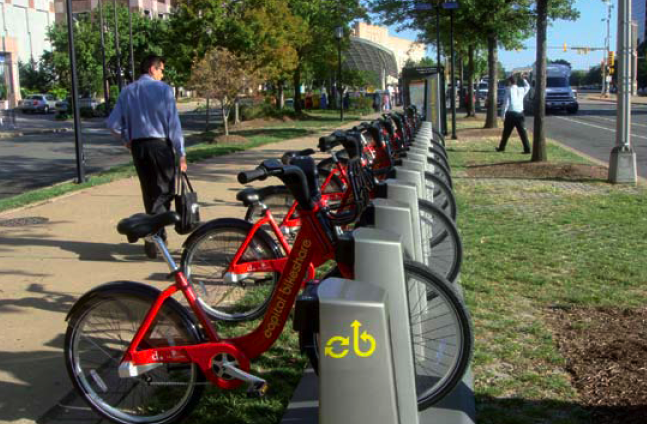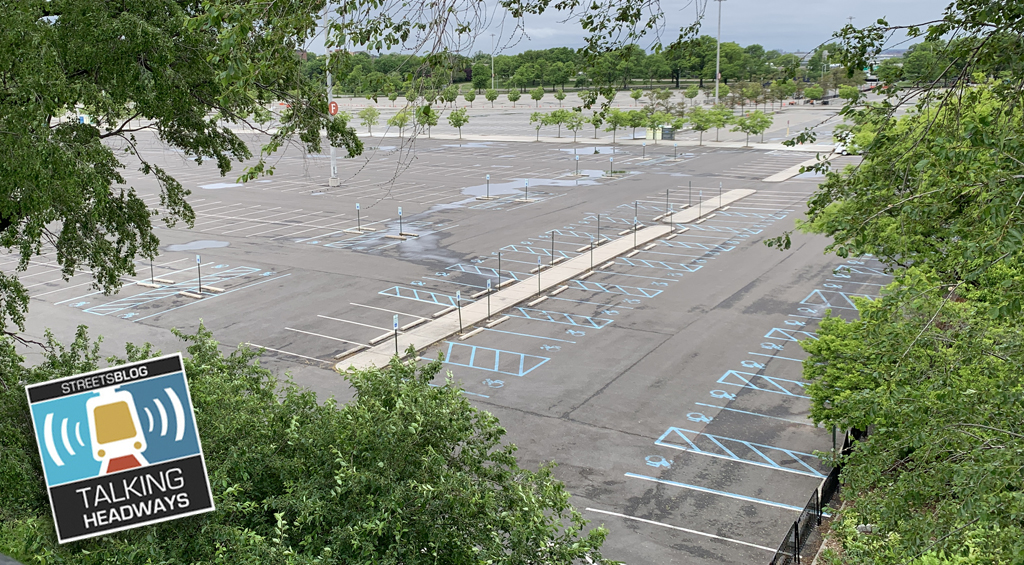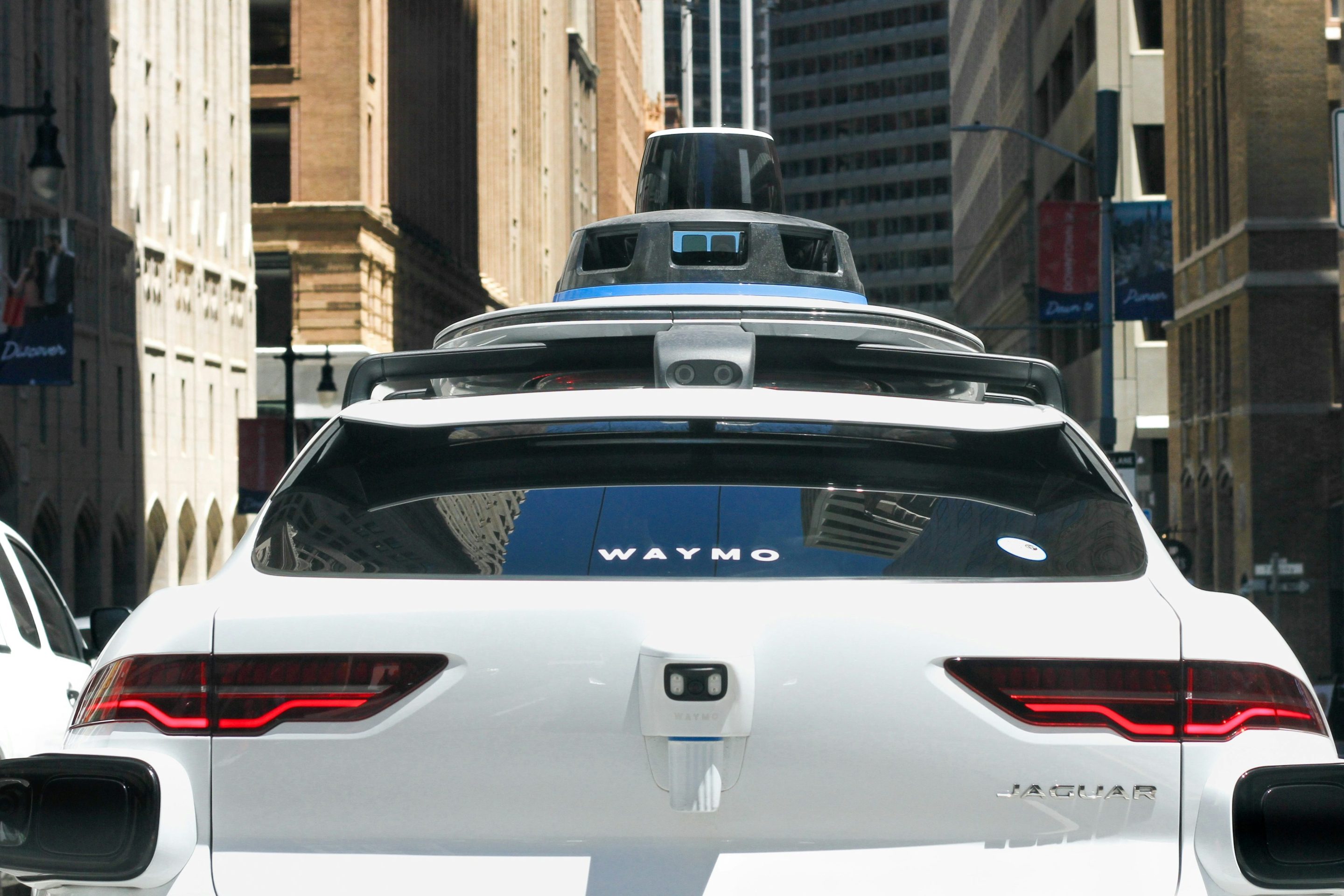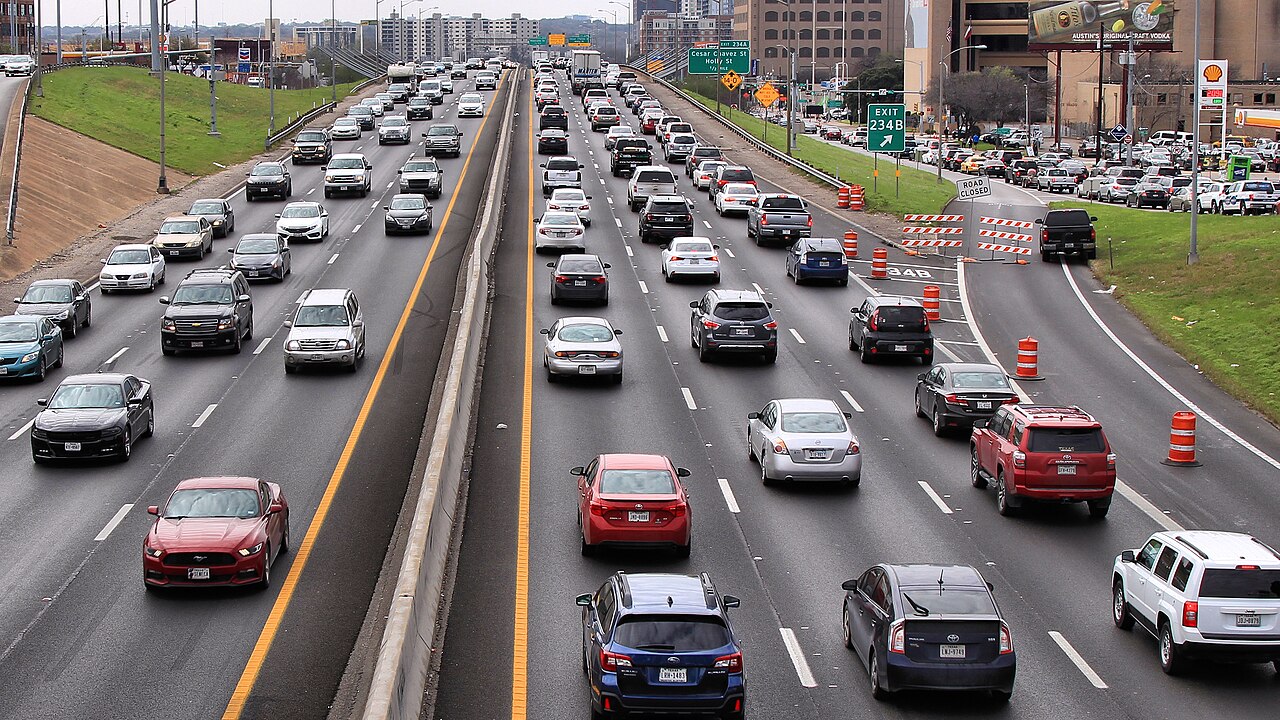According to a spate of recent studies, Millennials -- a bigger generation than the Baby Boomers -- are driving less than their parents did. But the underlying reasons are a matter of some dispute. Will younger Americans start happily motoring again once the economy is really humming, or is a lasting generational shift underway?

The U.S. PIRG and the Frontier Group teamed up last year to make the case that the "driving boom" is truly over, and today they're out with a report that examines how new technologies are making it easier for young Americans to drive less. "A New Way to Go" focuses on how communications technology has enabled transportation advances like ride-sharing apps and real-time transit arrival data that make it easier for people to drive less and avoid car ownership.
“For Baby Boomers, driving one’s car represented freedom and spontaneity," said Phineas Baxandall at U.S. PIRG. "Today -- especially for younger people -- owning a car is likely to represent big expenses and parking hassles. Meanwhile, technology and vehicle-sharing are making it easier not to own a car or for households to drive less. Public transit systems, especially with on-board wi-fi and real-time apps, can be the backbone of this new mobility.”
PIRG and the Frontier Group argue that smartphones and mobile communications have helped increase the relative competitiveness of transit compared to driving. Not only do these technologies make it possible to work and socialize while riding transit, they also make transit more convenient. Real time arrival data, where available, takes the guesswork out of waiting for the bus or the train: The introduction of real time bus location information in Chicago was shown to increase weekday ridership between 2006 and 2009, PIRG reports.
Meanwhile, with the growth of services bike-share, car-share, and even phone-assisted taxi hailing apps like Uber increasing point-to-point travel options, it's easier for people to forego car ownership. As of 2012, more than 800,000 Americans were members of a car-share service.
The report notes that many of these new services and technologies "are still in their infancy" -- the full effects aren't apparent yet.
U.S. PIRG and the Frontier Group note several ways that policy makers can help unlock the potential of new transportation and communications technologies: opening transit data to third-party developers, adding wi-fi and cellular service on all transit vehicles, updating regulations to enable vehicle sharing, and, of course, making the core investments to create convenient, reliable transit systems.
"We’re not in a position to rest on our laurels," said Peter Varga, chair of the American Public Transportation Association and CEO of the Interurban Transit Partnership, AKA “The Rapid” in Grand Rapids, on a conference call with reporters today. "Millennials generally want a broader range of transportation options. We must be ready for them."





